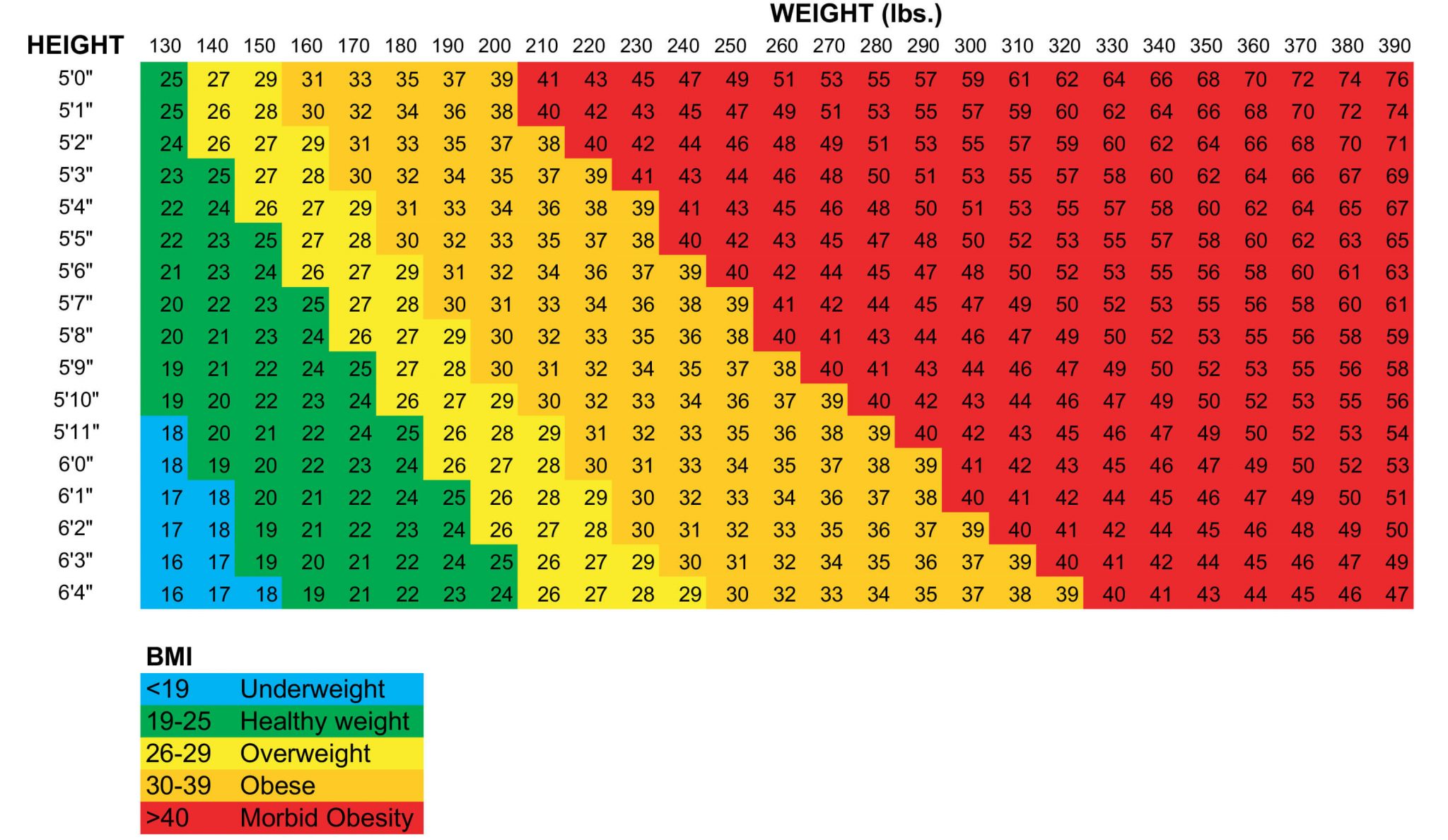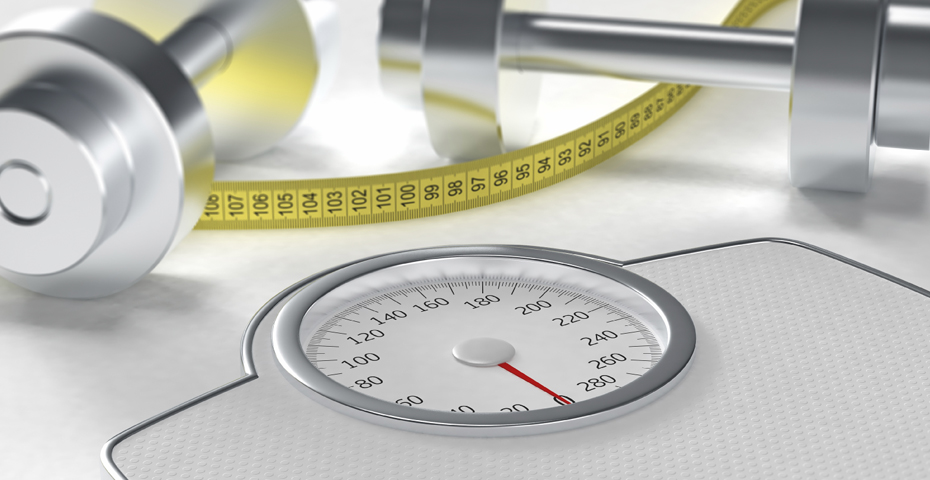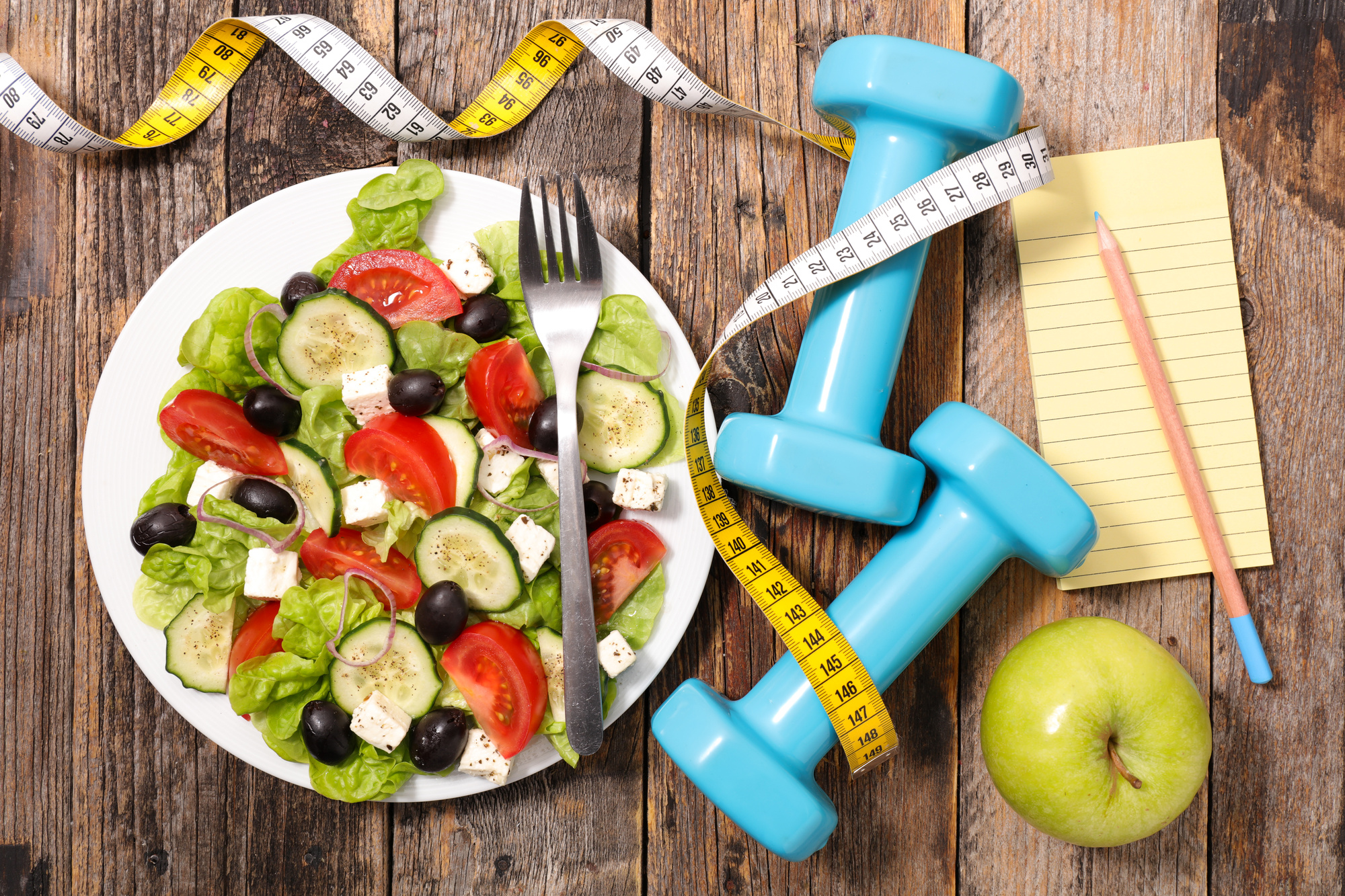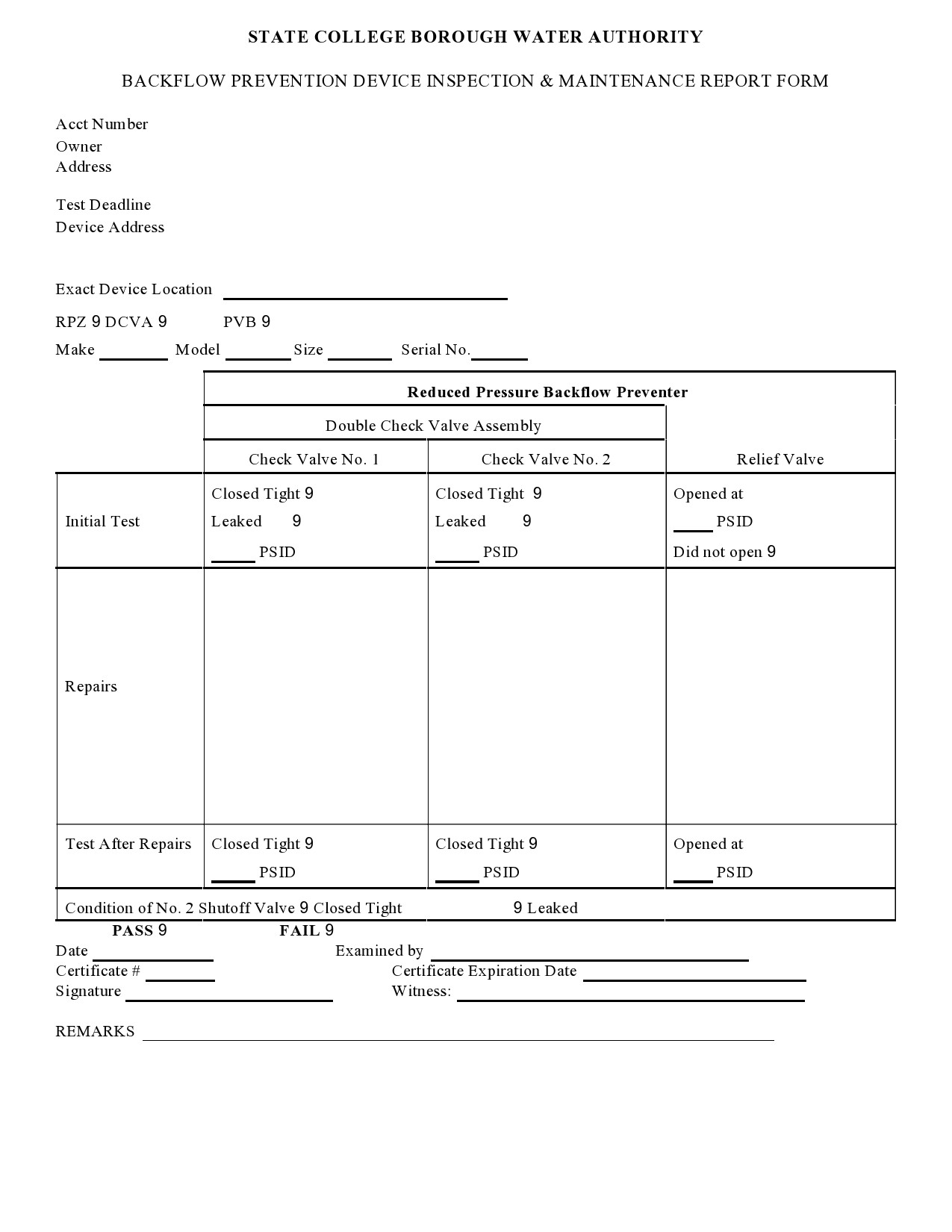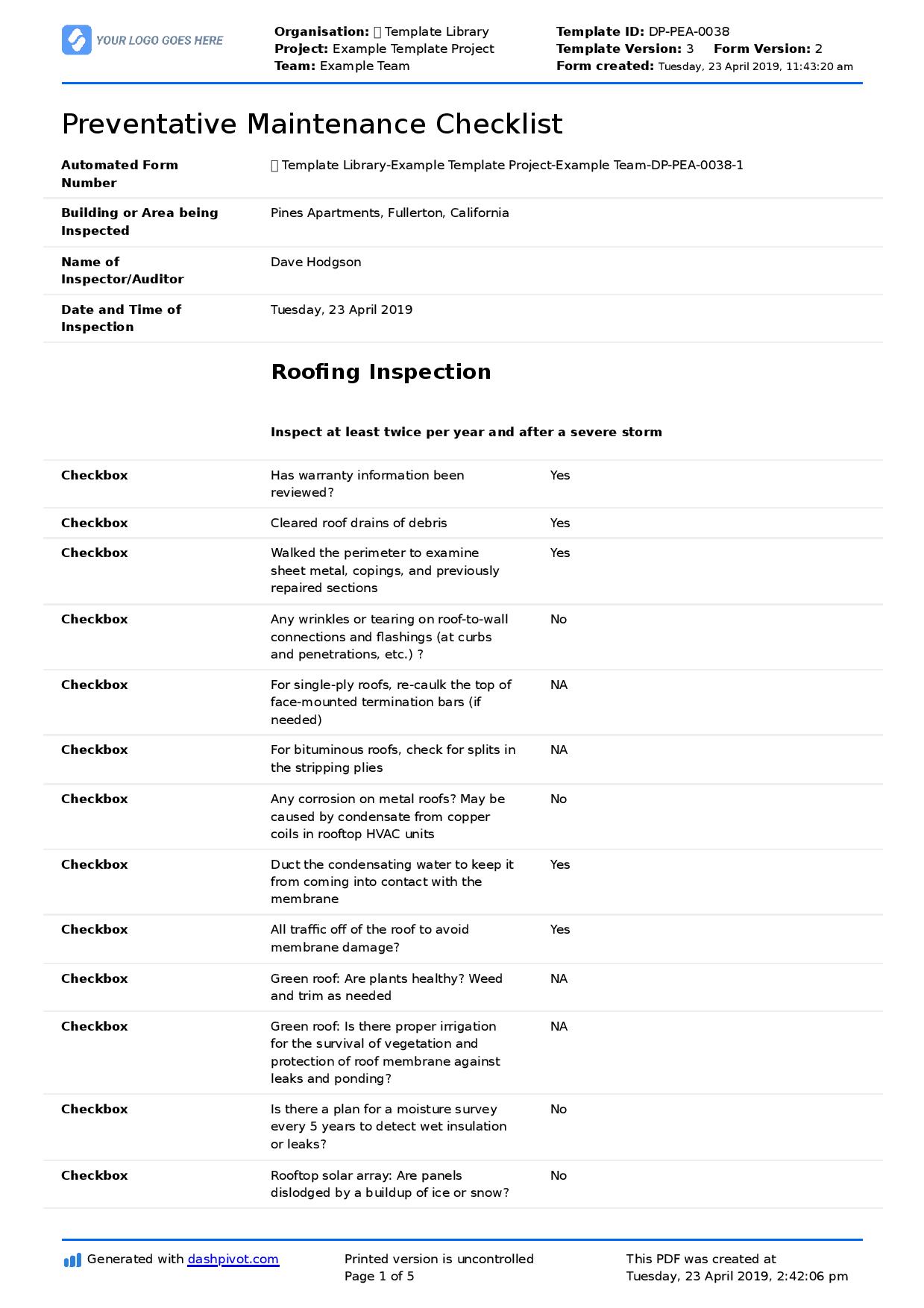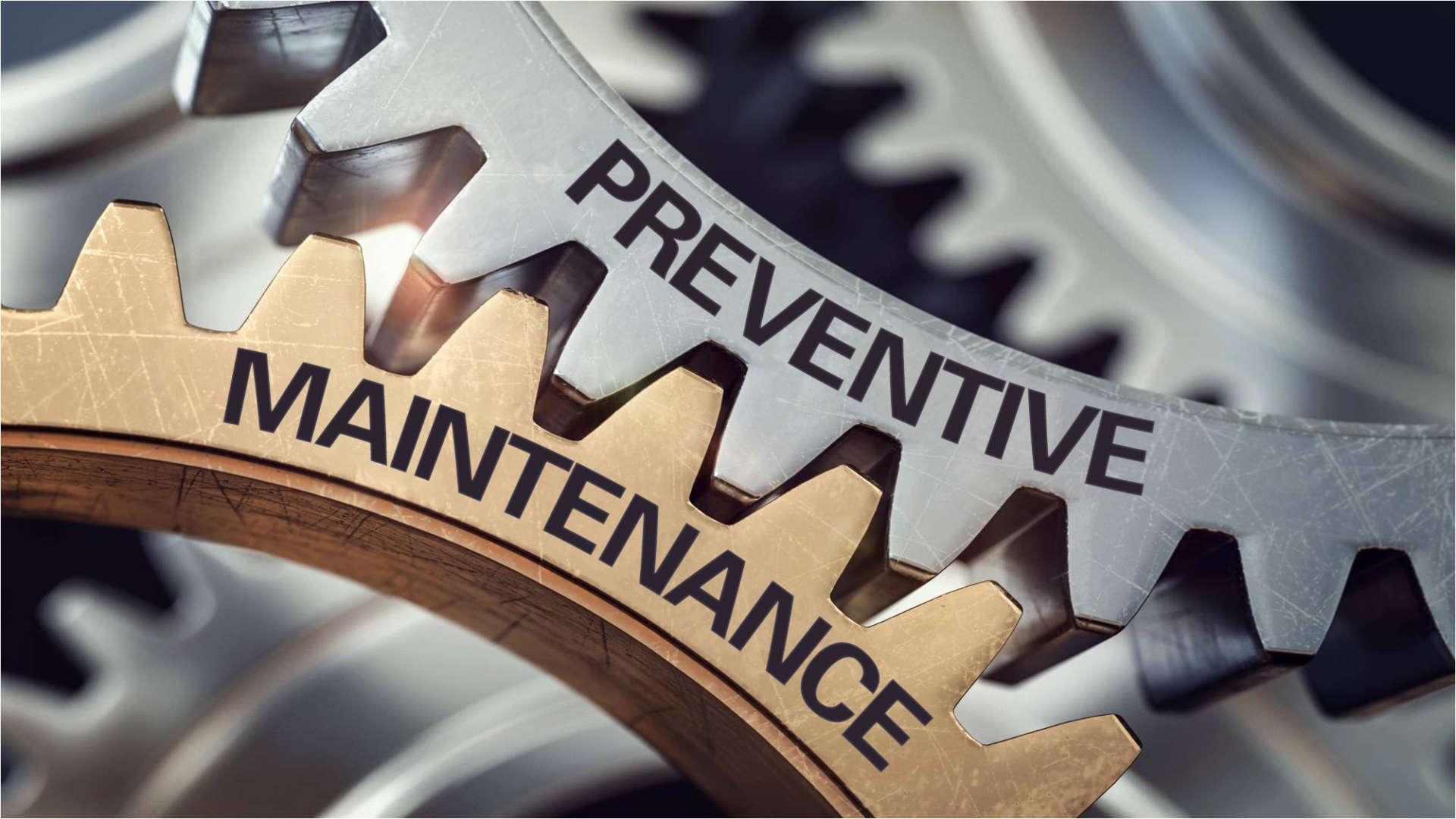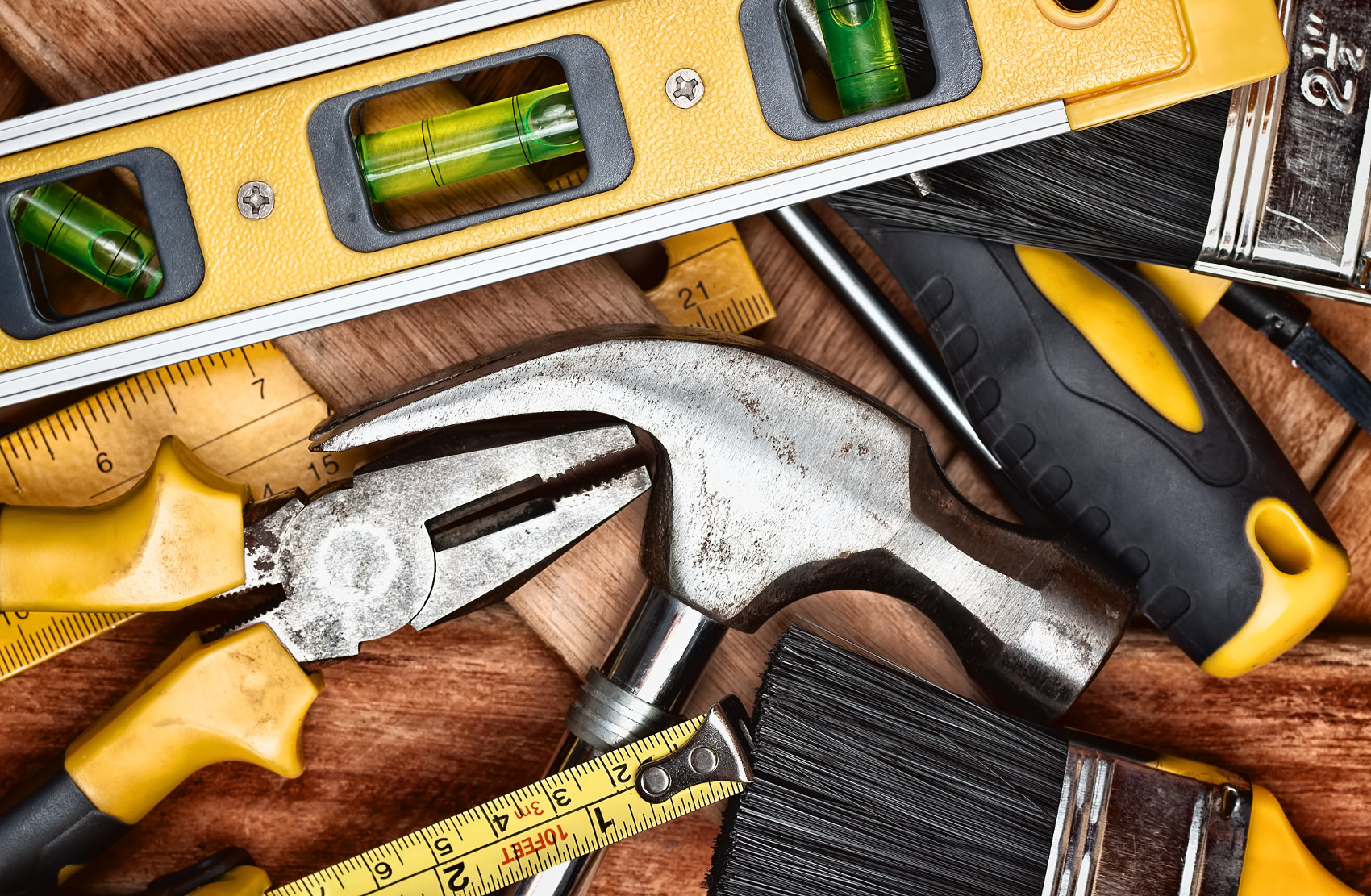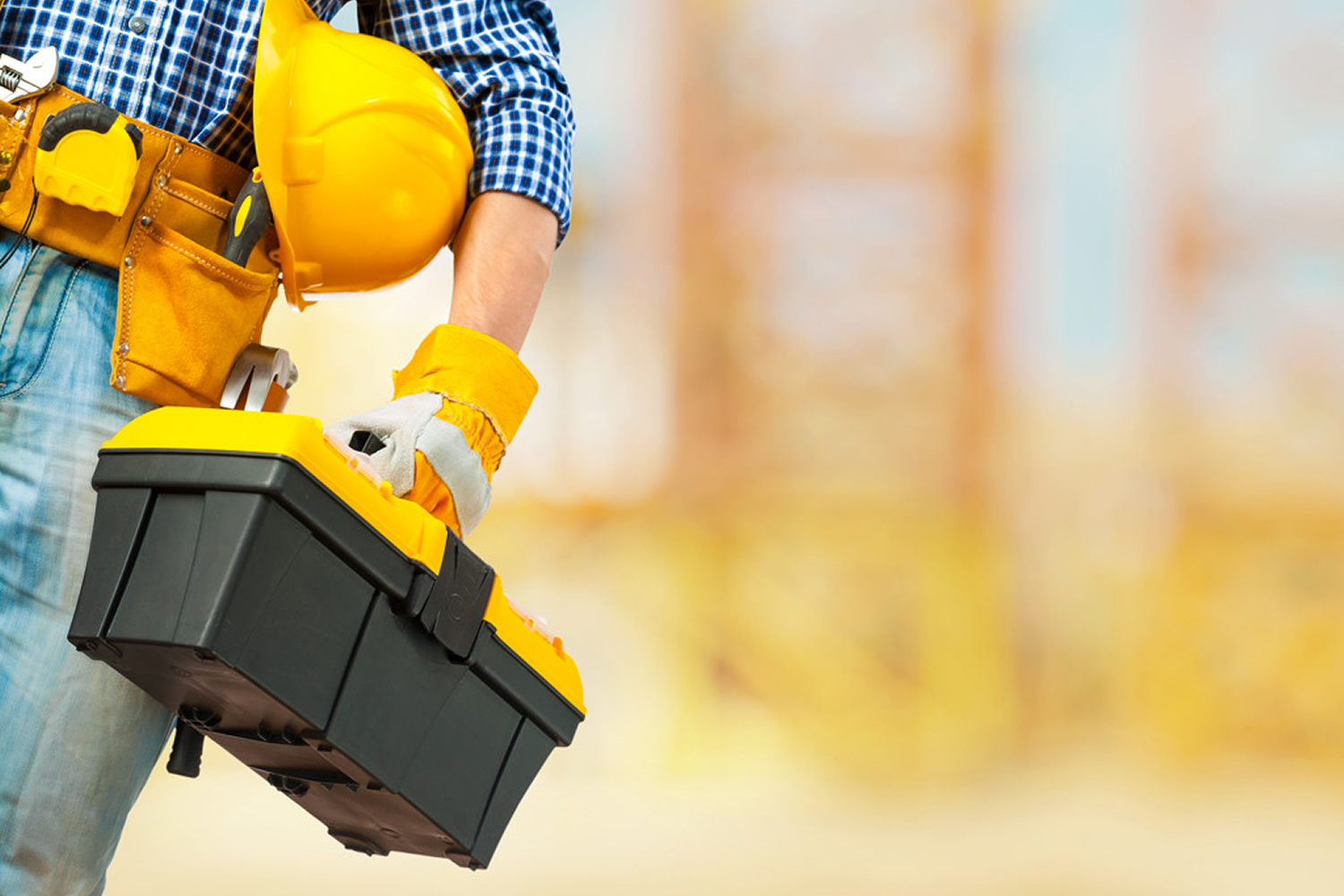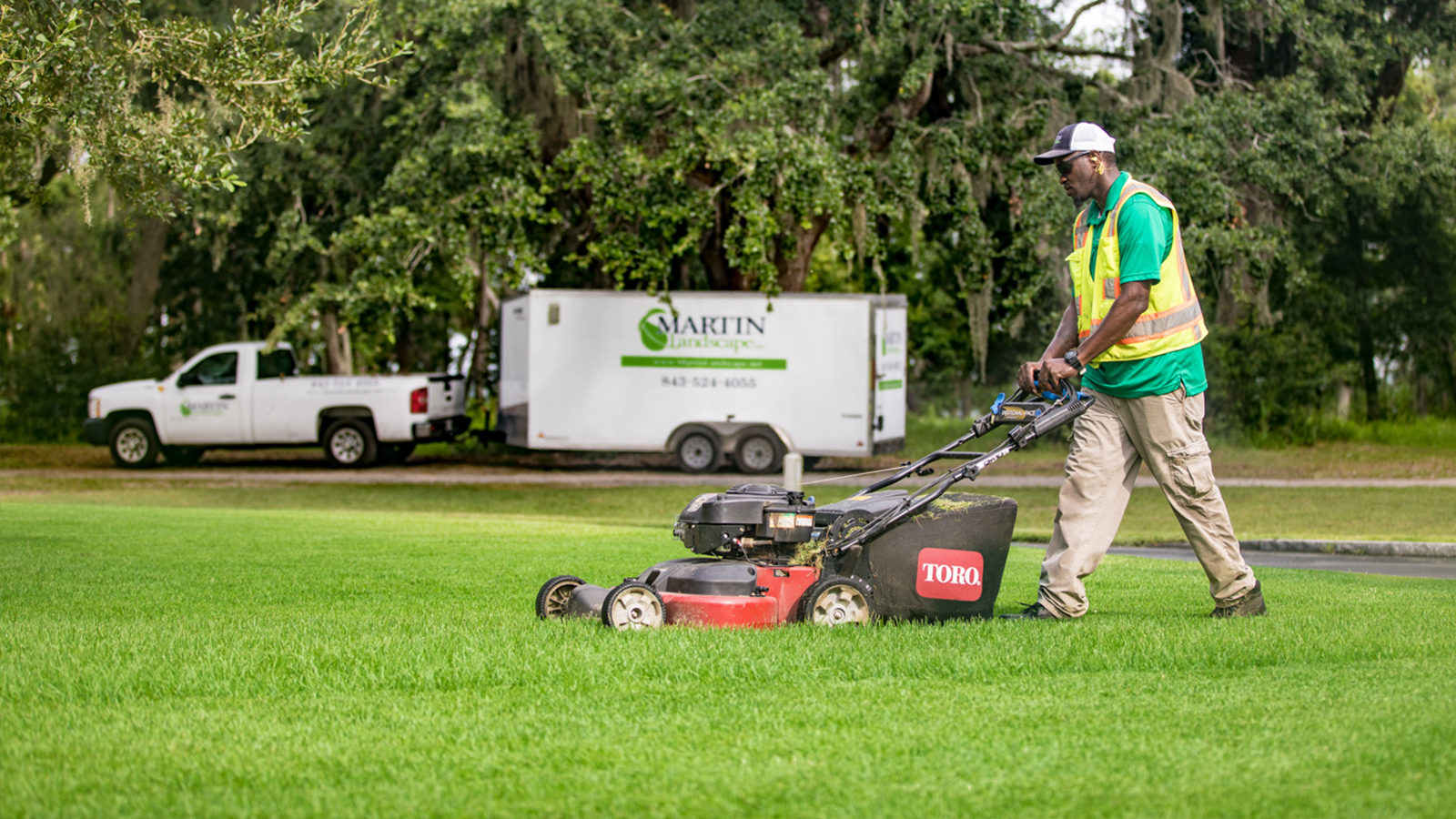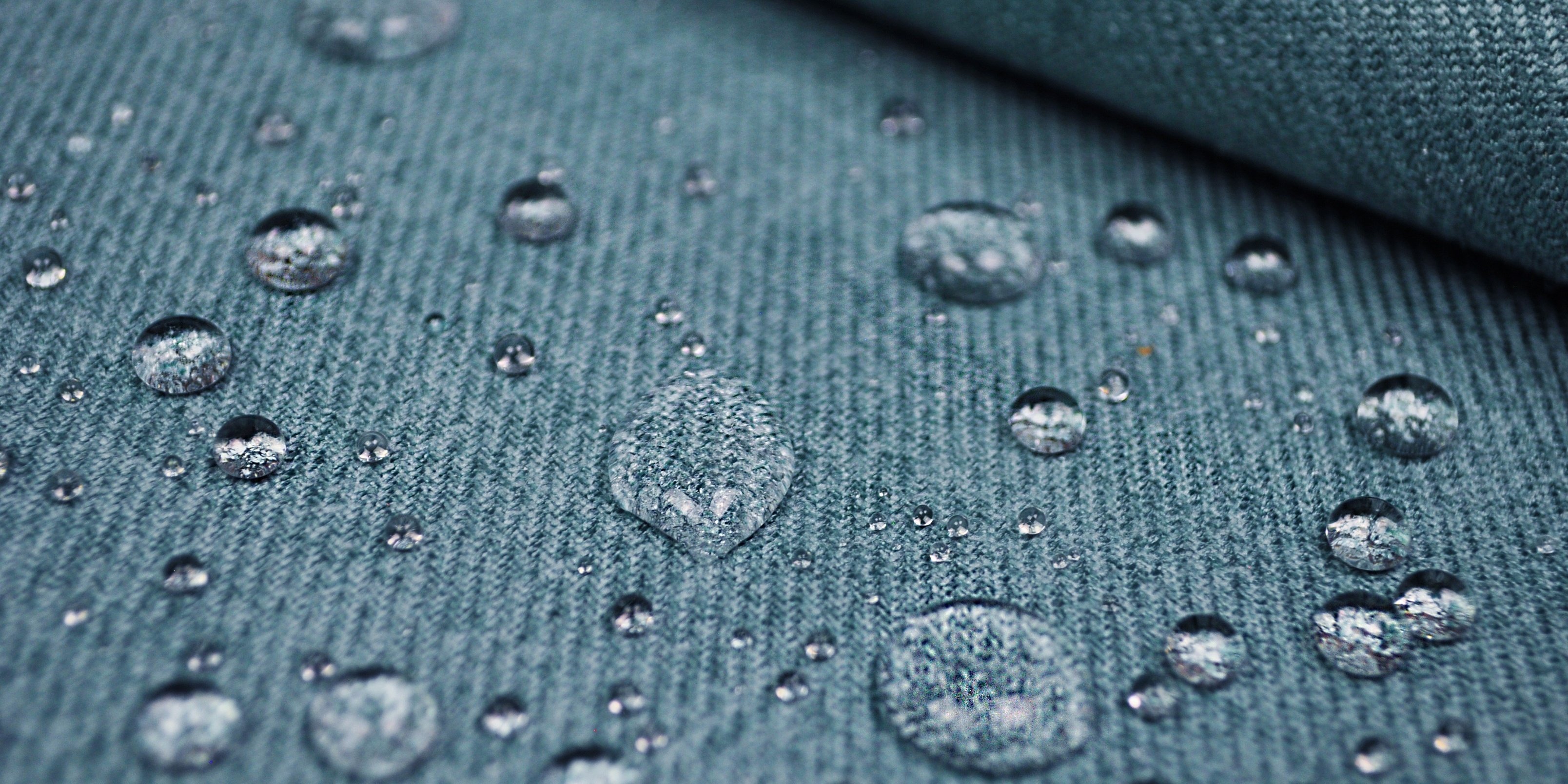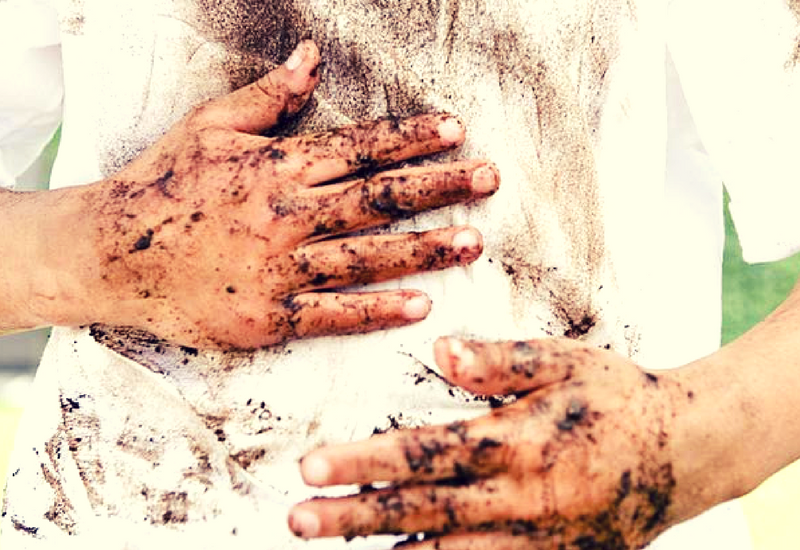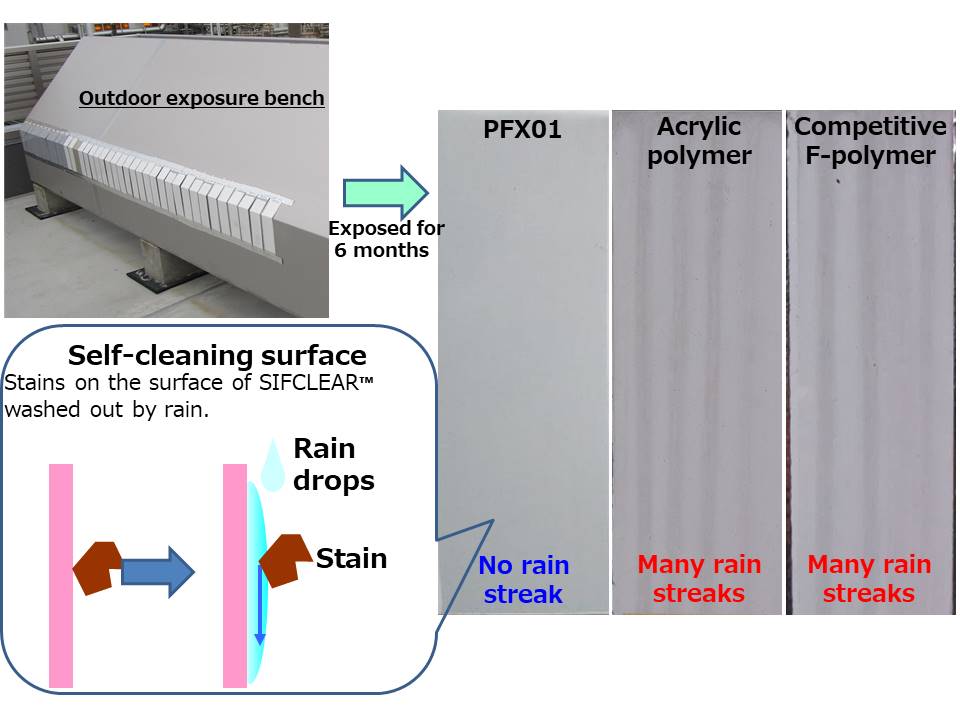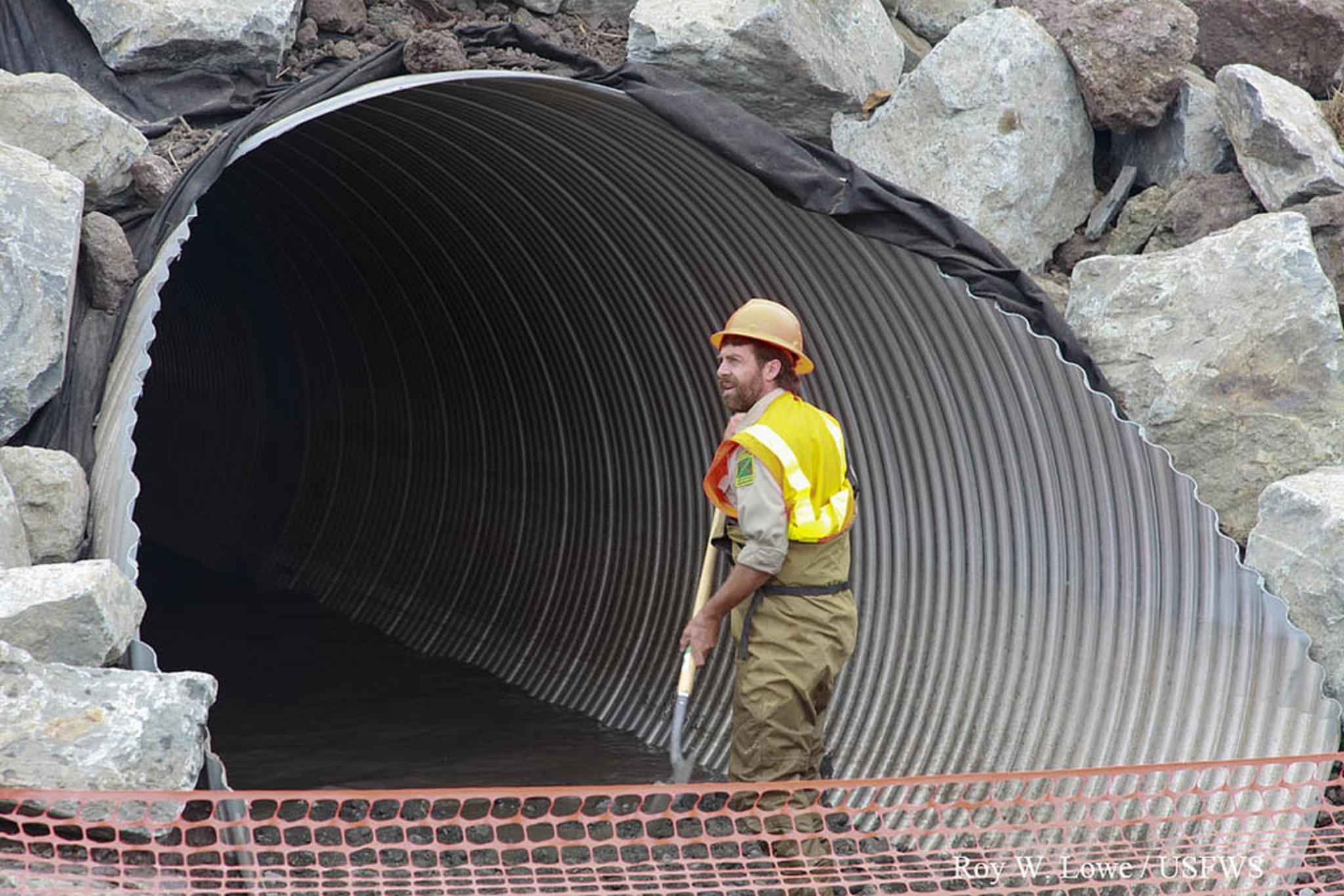One of the biggest advantages of a cast iron kitchen sink is its durability. Made from a combination of iron, carbon, and enamel coating, this type of sink is known for its sturdiness and ability to withstand heavy use. Unlike other materials, cast iron sinks are less likely to chip or scratch, making them a long-lasting investment for your kitchen.Durability
Another major perk of a cast iron kitchen sink is its heat resistance. The thick enamel coating can withstand high temperatures, making it an ideal choice for washing hot pots and pans without worrying about damaging the sink. This also means that you can place hot dishes directly in the sink without any fear of it getting damaged.Heat Resistance
Cast iron sinks are also known for their ease of cleaning. The smooth, non-porous surface of the enamel coating makes it difficult for food particles and stains to stick, making it easy to wipe clean with just a cloth and mild soap. This also means that bacteria and germs are less likely to thrive, making your sink a more hygienic option for your kitchen.Easy to Clean
Cast iron sinks come in a wide range of styles, making it easy to find one that fits your kitchen's aesthetic. From traditional farmhouse sinks to modern undermount sinks, there is a cast iron sink for every kitchen design. You can also choose from a variety of colors, including white, black, and even bold shades like red or blue.Variety of Styles
If you're tired of the loud clanging noises that come with washing dishes in a stainless steel sink, then a cast iron sink is the perfect solution. The thick enamel coating helps to absorb sound, making it a quieter option for your kitchen. This is especially beneficial for open-plan kitchens where noise can easily travel.Noise Reduction
While cast iron sinks may initially seem more expensive than other materials, they are actually a cost-effective option in the long run. As mentioned earlier, they are incredibly durable and long-lasting, meaning you won't have to replace them as often as other types of sinks. Additionally, their classic design means they won't go out of style, making them a timeless investment for your kitchen.Cost
The weight of a cast iron sink can be both a pro and a con. On one hand, the weight of the sink adds to its durability and sturdiness. However, this also means that installation can be more challenging and may require additional support. It's important to consider the weight of the sink before purchasing and ensure that your kitchen can support it.Weight
While cast iron sinks are generally easy to clean, they do require some maintenance to keep them looking their best. The enamel coating can chip or scratch if not properly cared for, so it's important to avoid abrasive cleaners and harsh chemicals. Regular cleaning with a mild soap and soft cloth is all that's needed to maintain the sink's appearance.Maintenance
The enamel coating on cast iron sinks not only makes them easy to clean but also makes them resistant to stains. This is particularly beneficial for busy kitchens where spills and messes are common. You won't have to worry about coffee or wine stains ruining the sink's appearance.Stain Resistance
Last but not least, the installation process for a cast iron sink can be a pro or a con depending on your experience and skill level. While it may be more challenging to install compared to other materials, many manufacturers offer detailed instructions and templates to make the process easier. Alternatively, you can hire a professional to ensure the sink is installed correctly.Installation
The Pros and Cons of Choosing a Cast Iron Kitchen Sink

Pros:
 When it comes to choosing a kitchen sink, there are many options to consider. One material that has stood the test of time is cast iron. Cast iron kitchen sinks have been around for centuries and continue to be a popular choice for homeowners. Here are some of the main pros of choosing a cast iron kitchen sink:
1. Durability:
One of the biggest advantages of a cast iron kitchen sink is its durability. Cast iron is a strong and sturdy material, making it resistant to scratches, dents, and chips. This means that your sink will last for many years to come, even with regular use.
2. Heat Resistance:
Another benefit of choosing a cast iron sink is its heat resistance. Cast iron can withstand high temperatures, making it perfect for use in the kitchen. You can place hot pots and pans directly into the sink without worrying about damaging it.
3. Variety of Styles:
Cast iron sinks come in a wide variety of styles, colors, and designs. This allows you to choose a sink that complements your kitchen's overall design and aesthetic. You can opt for a traditional white sink or go for a more modern look with a colored or patterned sink.
4. Easy to Clean:
Cast iron sinks are relatively easy to clean and maintain. They are non-porous, which means they do not absorb stains or odors. A simple wipe down with a mild detergent and water is all it takes to keep your sink looking clean and shiny.
When it comes to choosing a kitchen sink, there are many options to consider. One material that has stood the test of time is cast iron. Cast iron kitchen sinks have been around for centuries and continue to be a popular choice for homeowners. Here are some of the main pros of choosing a cast iron kitchen sink:
1. Durability:
One of the biggest advantages of a cast iron kitchen sink is its durability. Cast iron is a strong and sturdy material, making it resistant to scratches, dents, and chips. This means that your sink will last for many years to come, even with regular use.
2. Heat Resistance:
Another benefit of choosing a cast iron sink is its heat resistance. Cast iron can withstand high temperatures, making it perfect for use in the kitchen. You can place hot pots and pans directly into the sink without worrying about damaging it.
3. Variety of Styles:
Cast iron sinks come in a wide variety of styles, colors, and designs. This allows you to choose a sink that complements your kitchen's overall design and aesthetic. You can opt for a traditional white sink or go for a more modern look with a colored or patterned sink.
4. Easy to Clean:
Cast iron sinks are relatively easy to clean and maintain. They are non-porous, which means they do not absorb stains or odors. A simple wipe down with a mild detergent and water is all it takes to keep your sink looking clean and shiny.
Cons:
 While cast iron sinks have many benefits, there are also some drawbacks to consider before making your decision. Here are some of the main cons of choosing a cast iron kitchen sink:
1. Heavy:
Cast iron sinks are quite heavy, which can make them difficult to install. You may need extra support or reinforcement for your cabinets to accommodate the weight of the sink.
2. Prone to Rusting:
If not properly maintained, cast iron sinks can be prone to rusting. This can happen if the enamel coating on the sink chips or cracks. Regular cleaning and proper care can prevent this from happening.
3. Cost:
Cast iron sinks tend to be more expensive than other materials such as stainless steel or porcelain. However, their durability and longevity make them a worthwhile investment in the long run.
In conclusion, choosing a cast iron kitchen sink has its pros and cons. It is a durable and heat-resistant option with a wide variety of styles to choose from. However, it can be heavy, prone to rusting, and more expensive than other materials. Consider your needs and budget carefully before making your decision.
While cast iron sinks have many benefits, there are also some drawbacks to consider before making your decision. Here are some of the main cons of choosing a cast iron kitchen sink:
1. Heavy:
Cast iron sinks are quite heavy, which can make them difficult to install. You may need extra support or reinforcement for your cabinets to accommodate the weight of the sink.
2. Prone to Rusting:
If not properly maintained, cast iron sinks can be prone to rusting. This can happen if the enamel coating on the sink chips or cracks. Regular cleaning and proper care can prevent this from happening.
3. Cost:
Cast iron sinks tend to be more expensive than other materials such as stainless steel or porcelain. However, their durability and longevity make them a worthwhile investment in the long run.
In conclusion, choosing a cast iron kitchen sink has its pros and cons. It is a durable and heat-resistant option with a wide variety of styles to choose from. However, it can be heavy, prone to rusting, and more expensive than other materials. Consider your needs and budget carefully before making your decision.
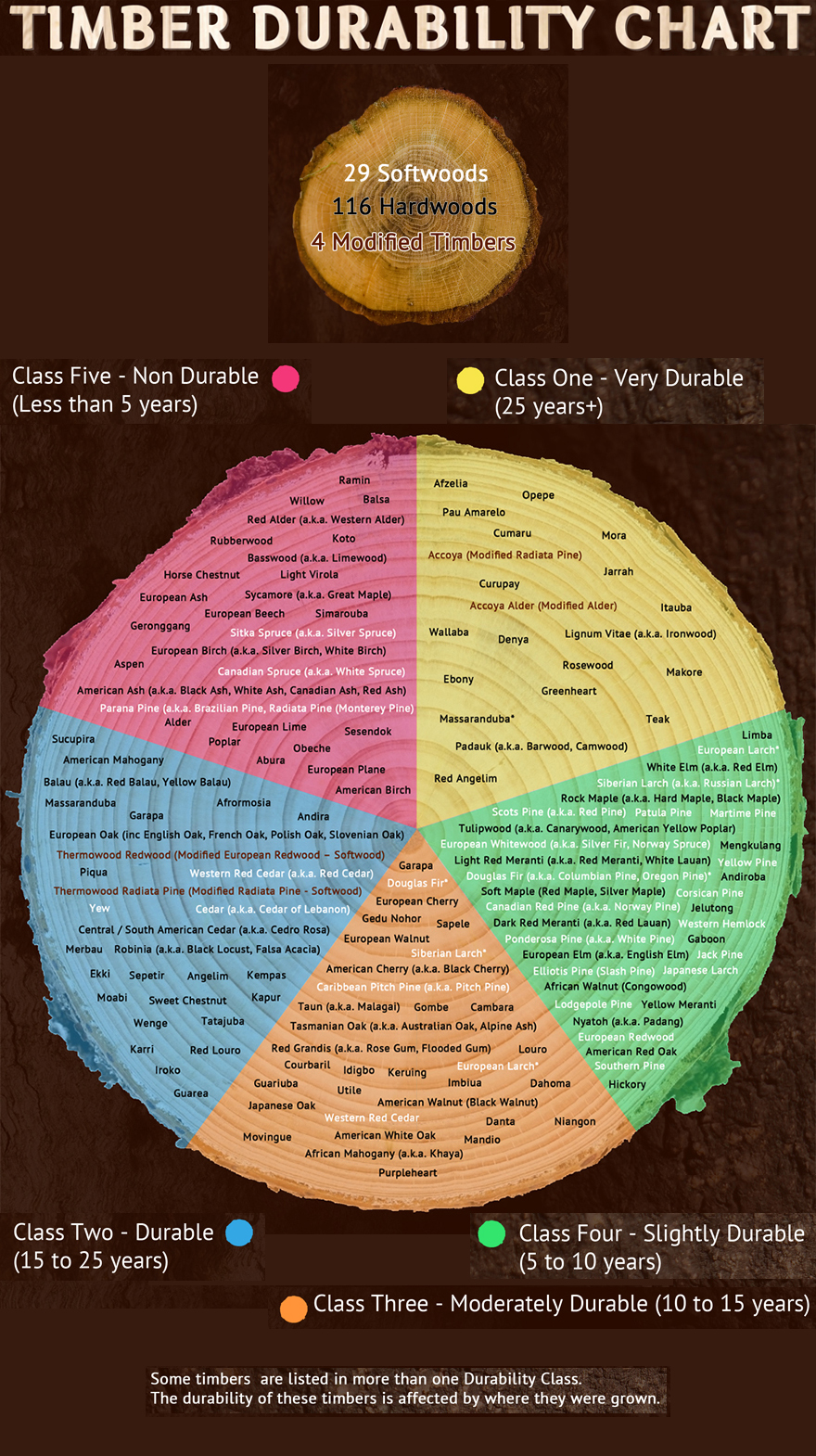



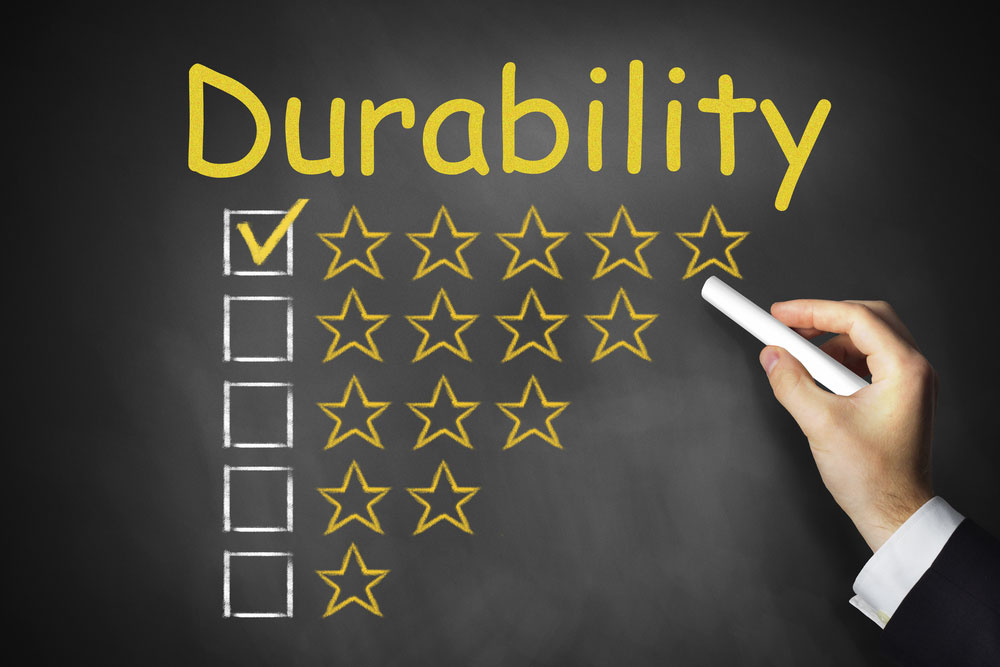

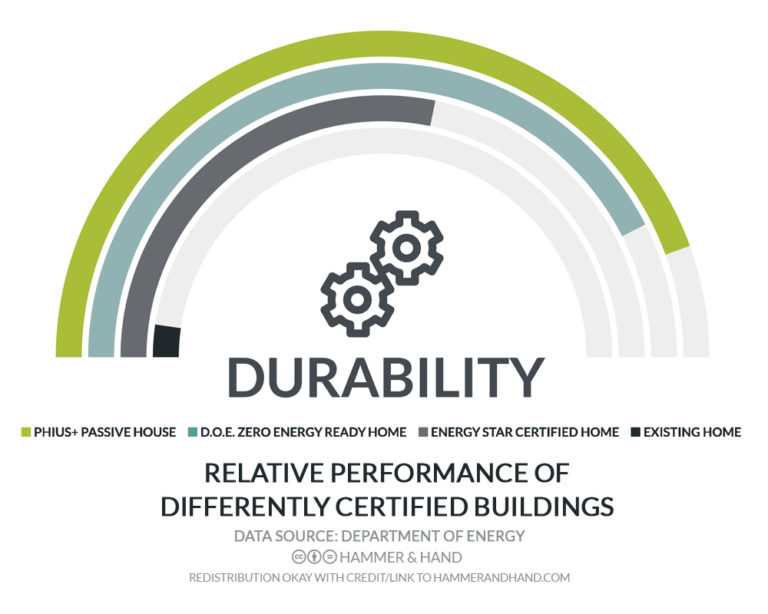

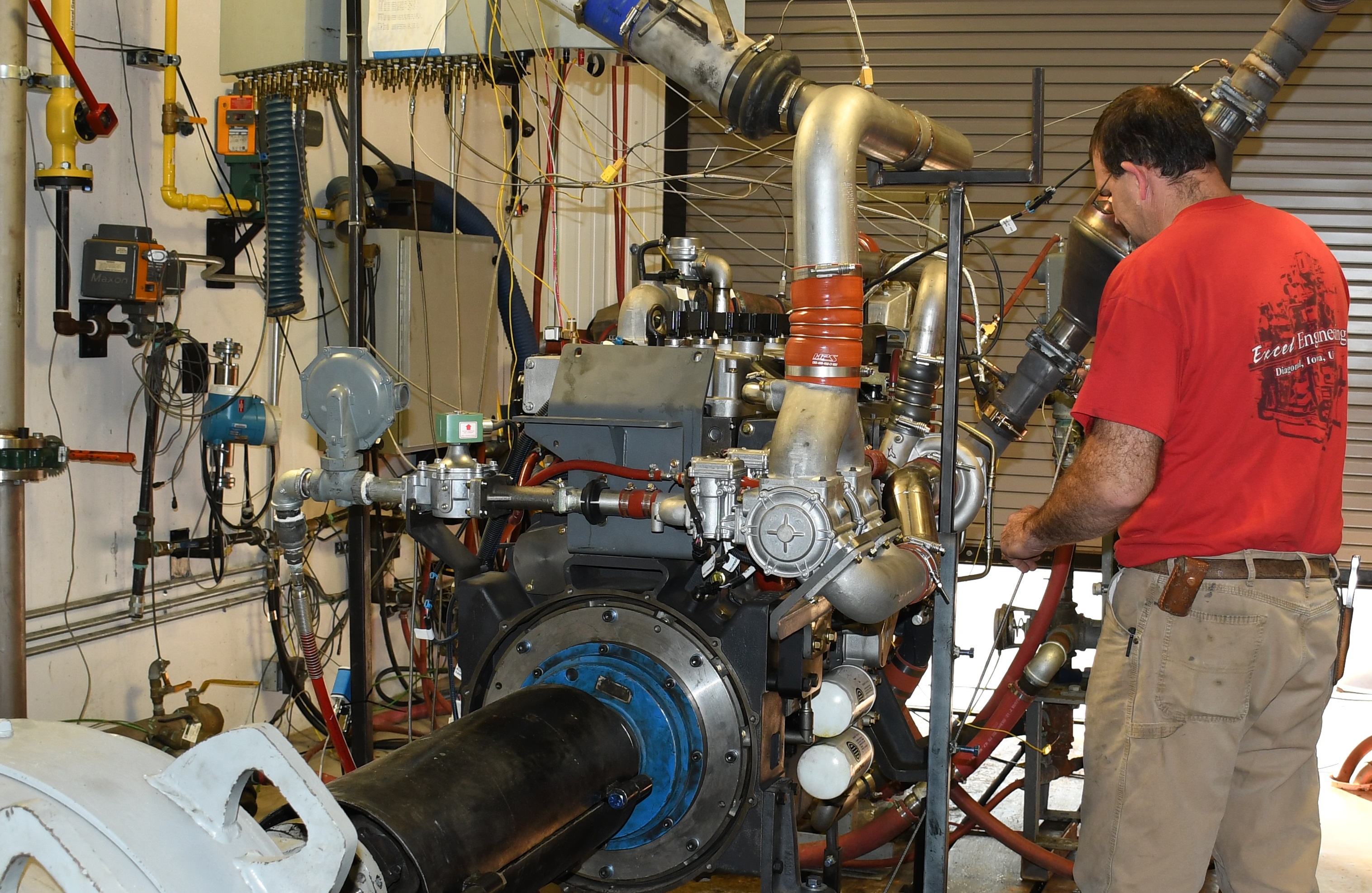

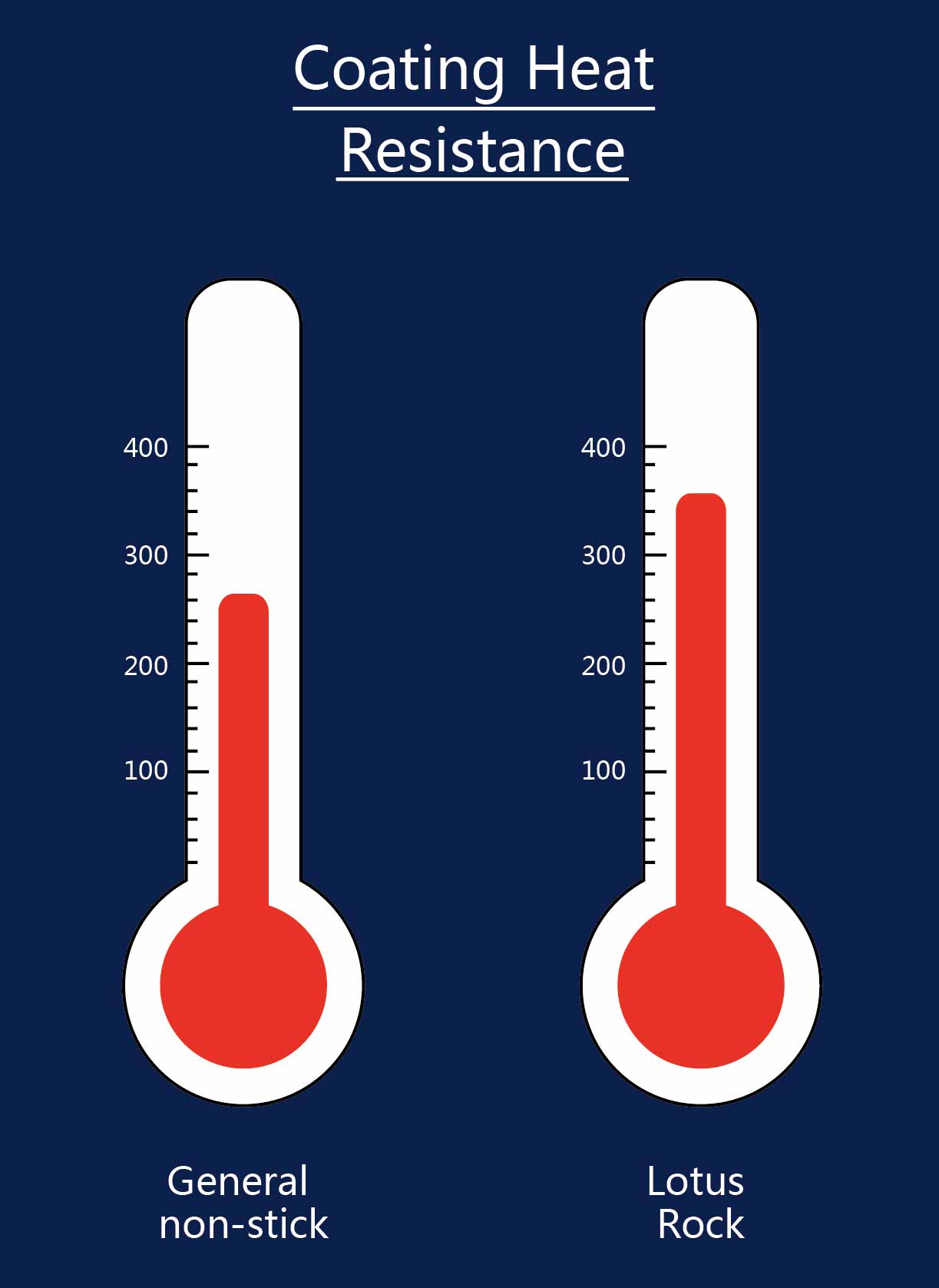
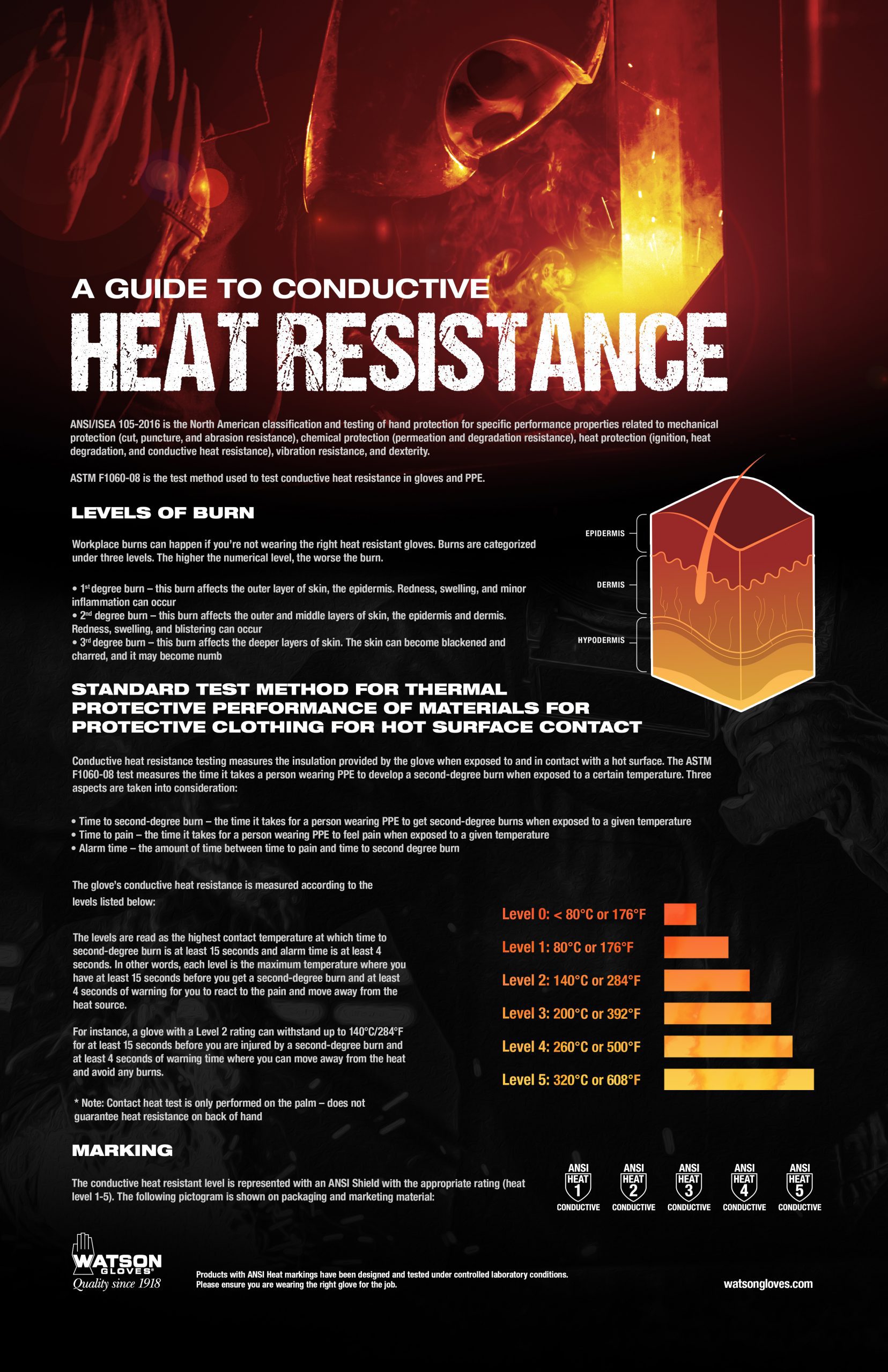




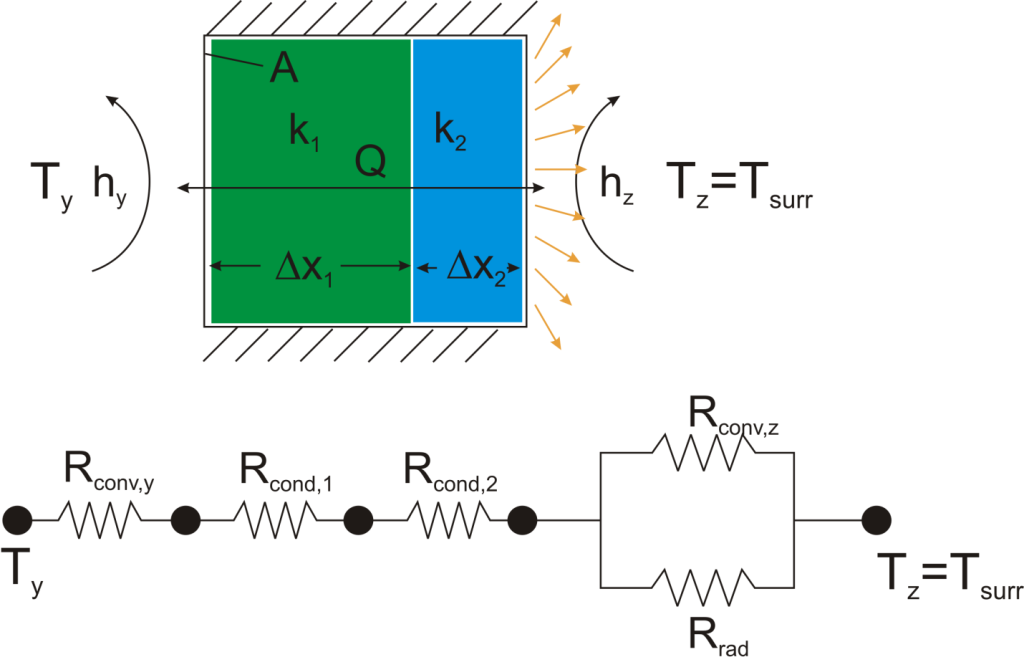
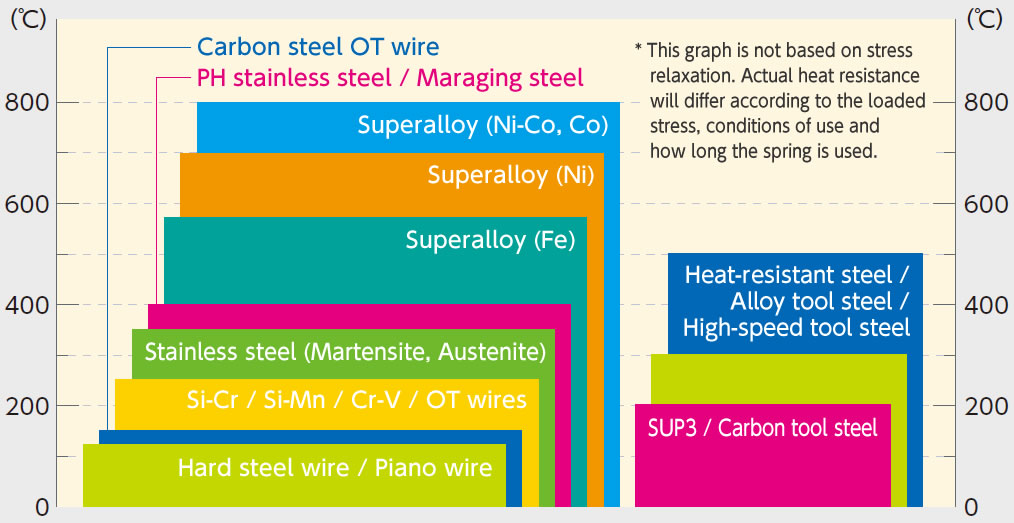






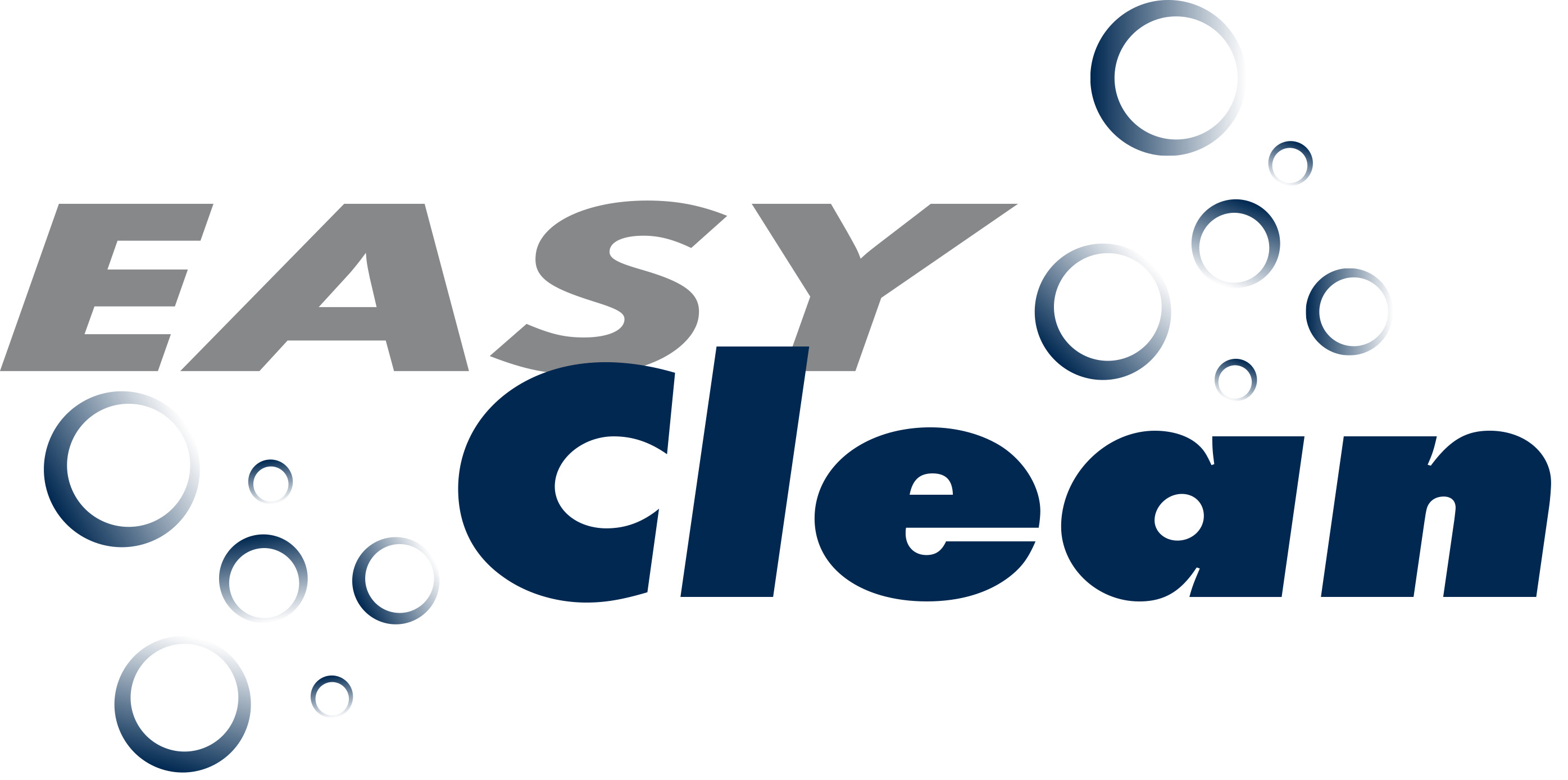
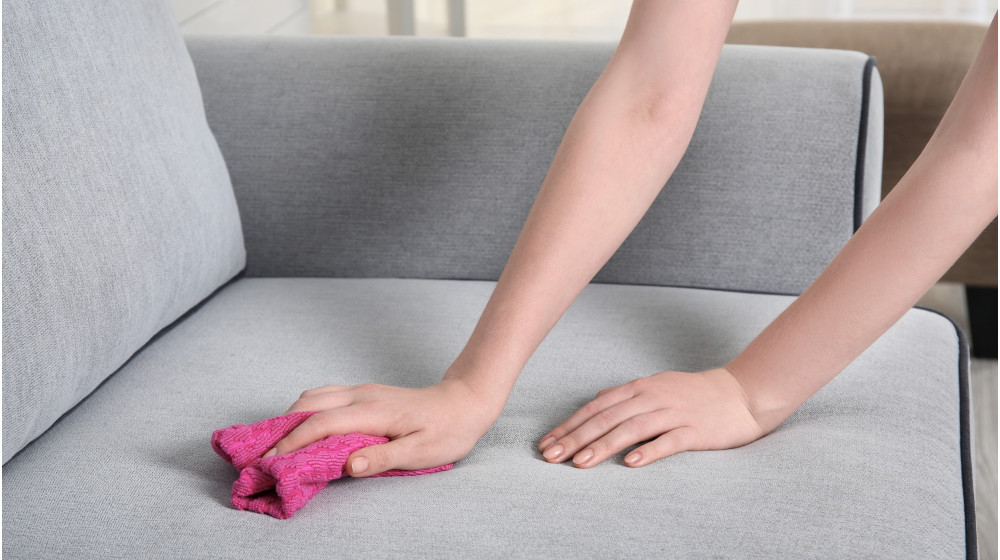


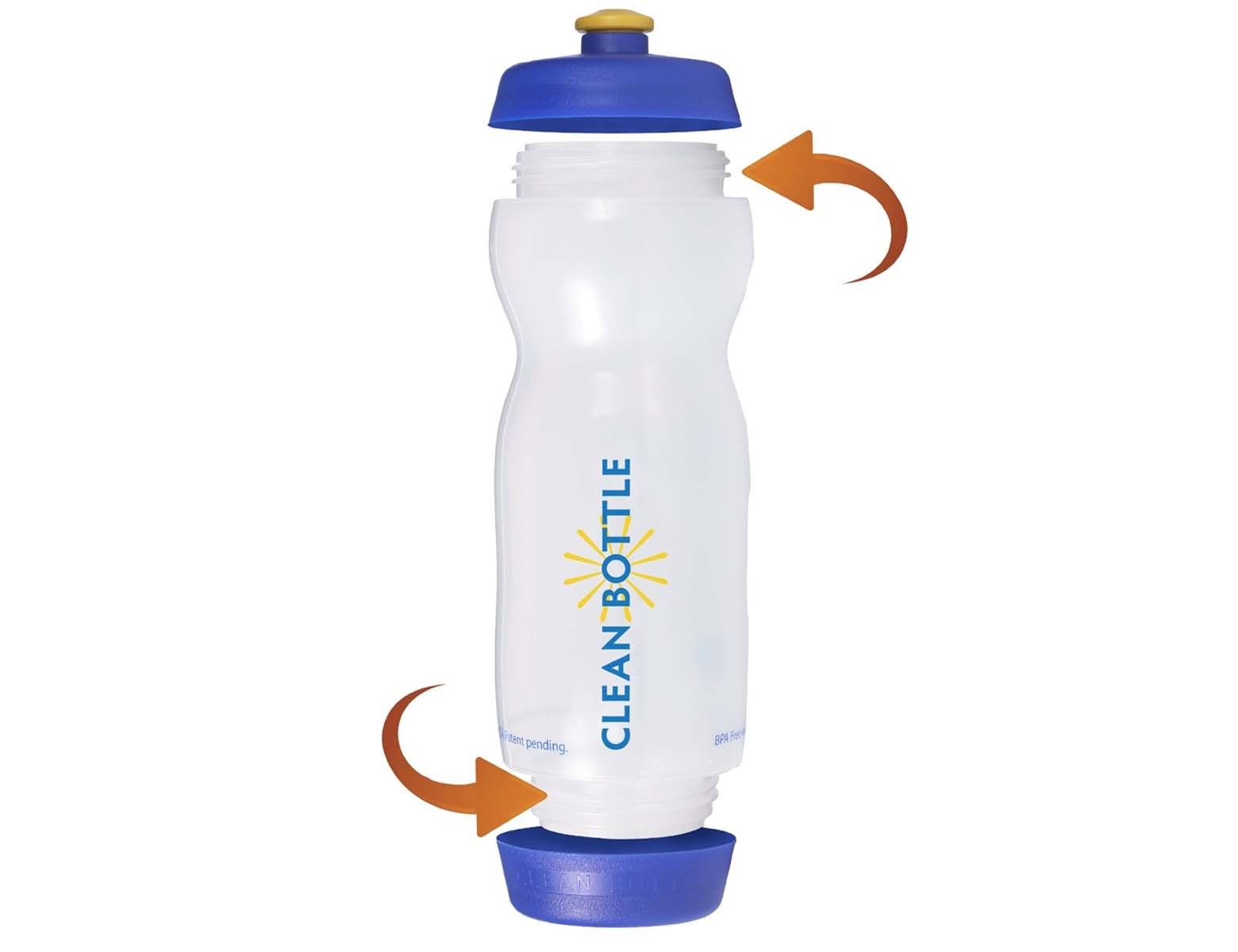




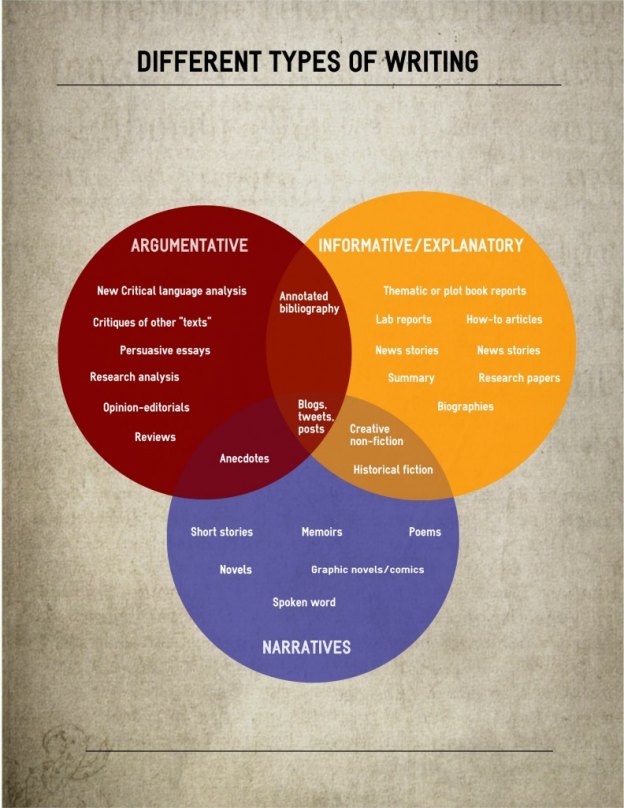










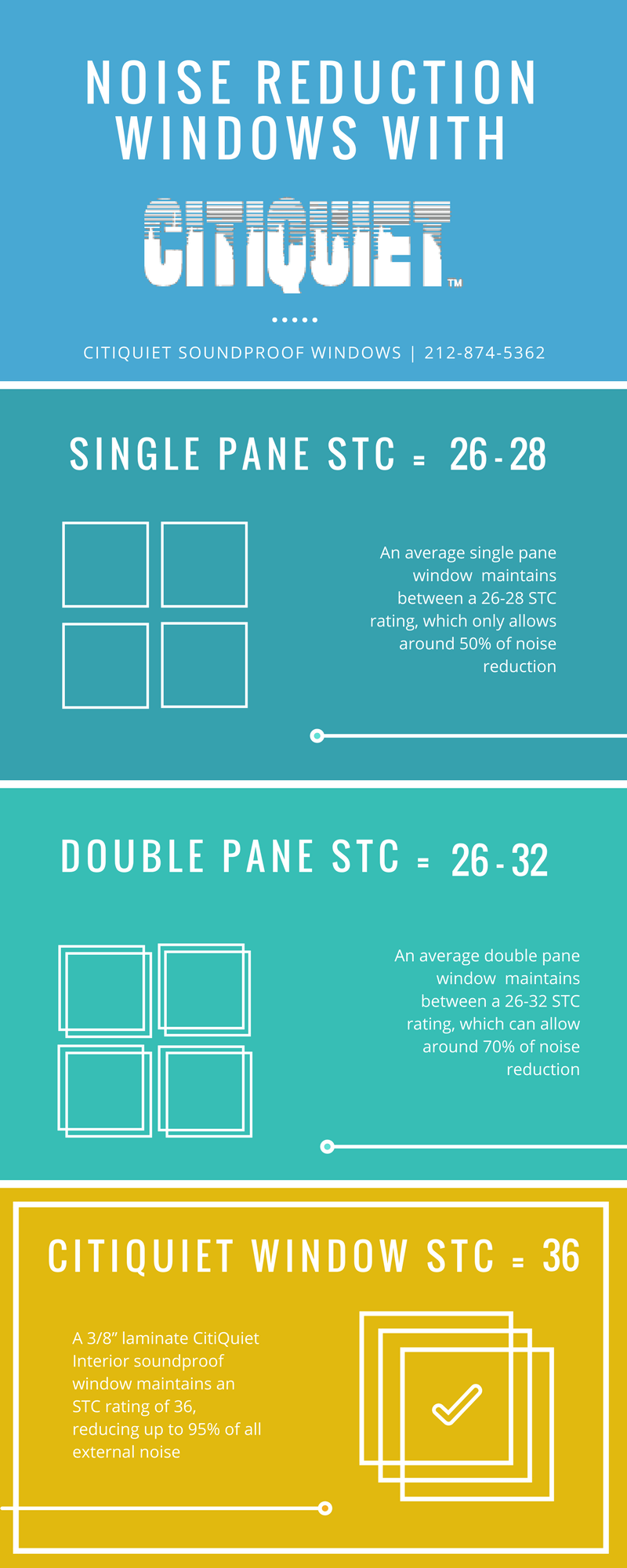
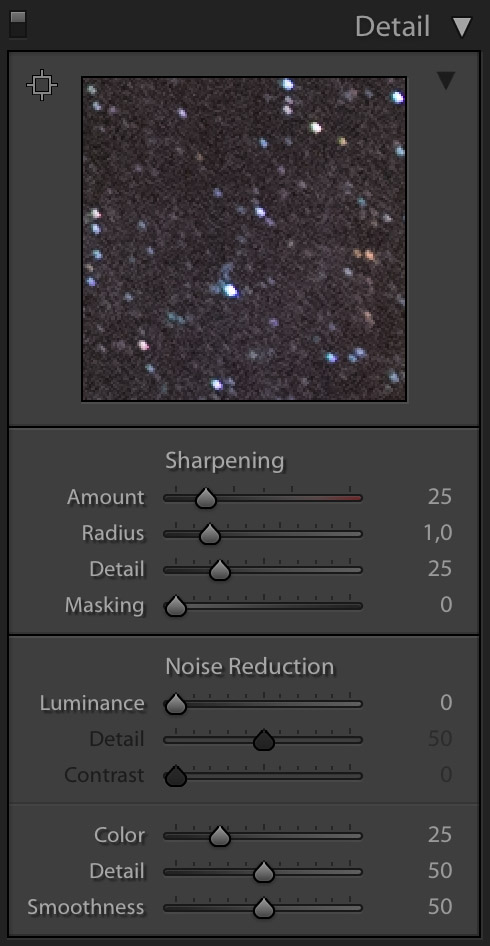
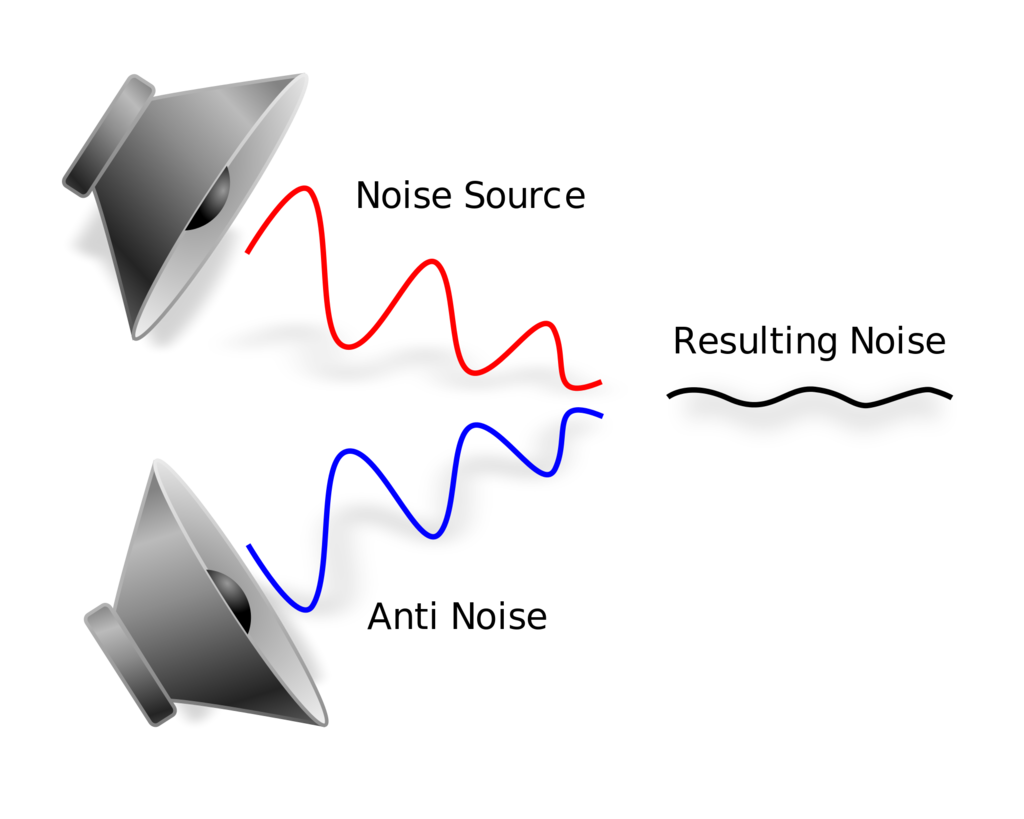
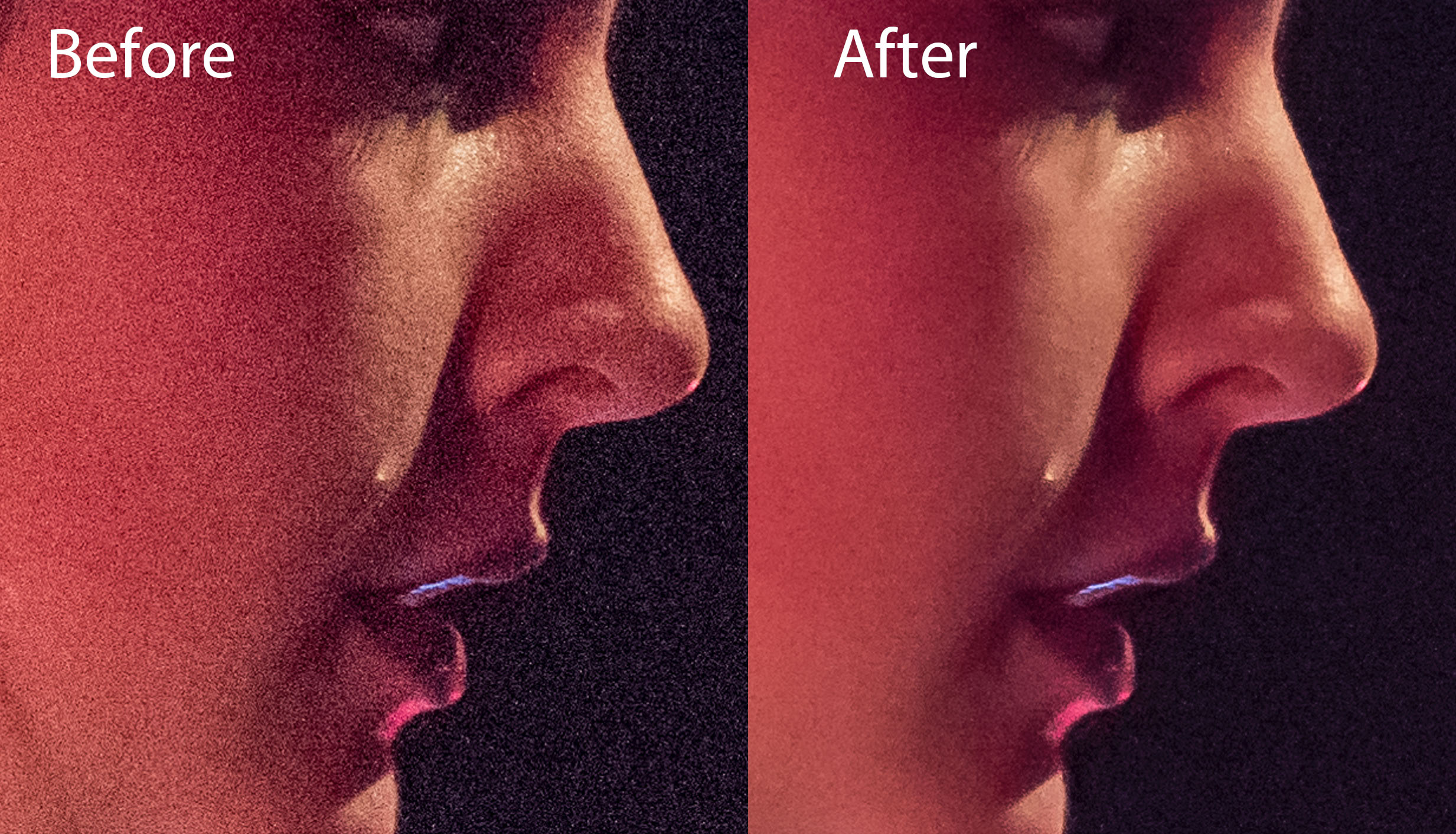
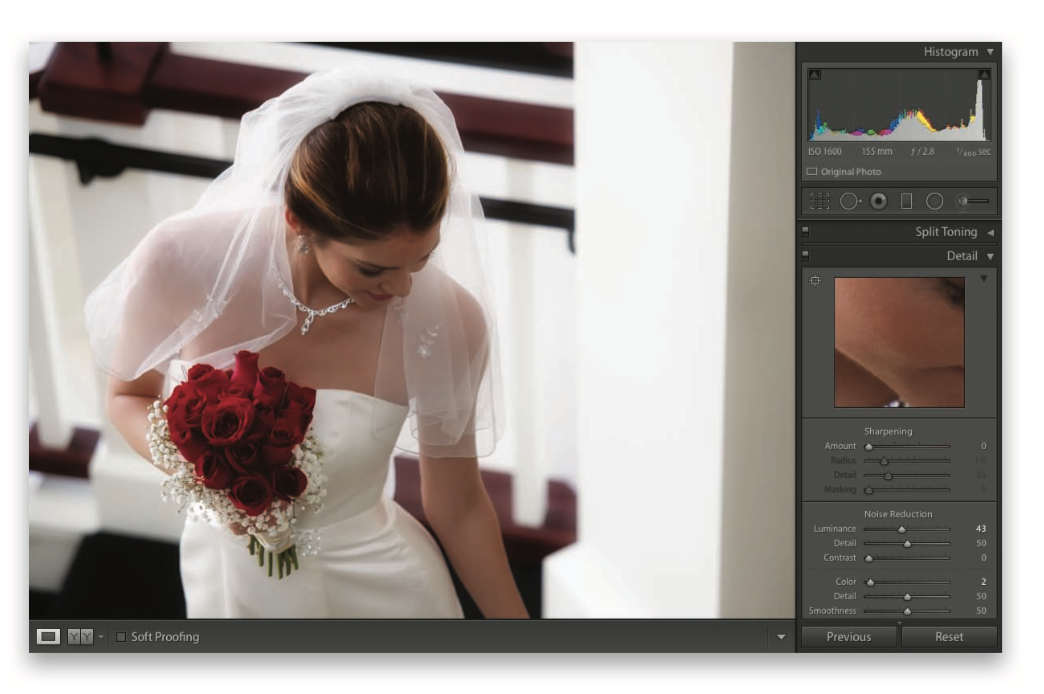






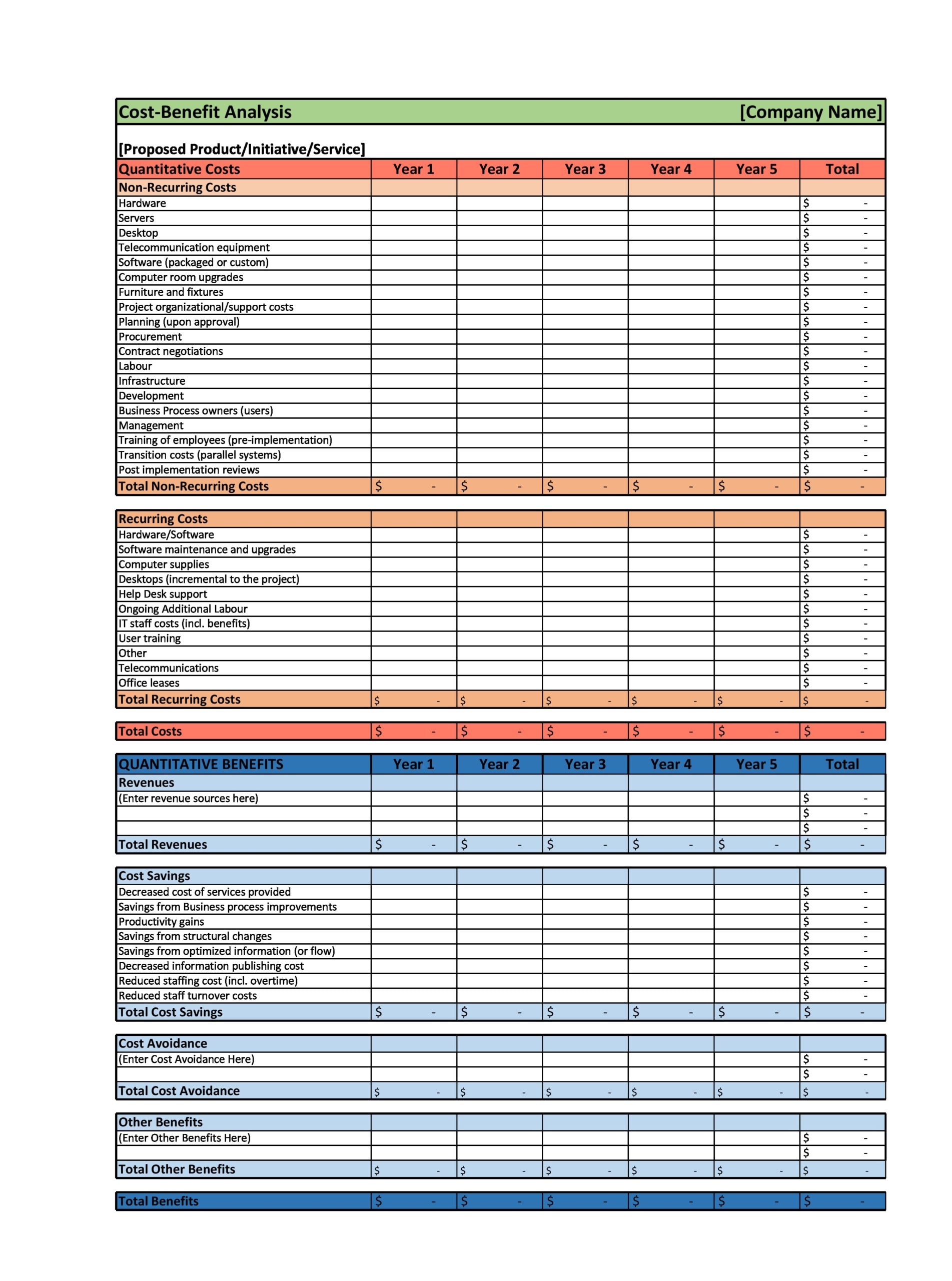











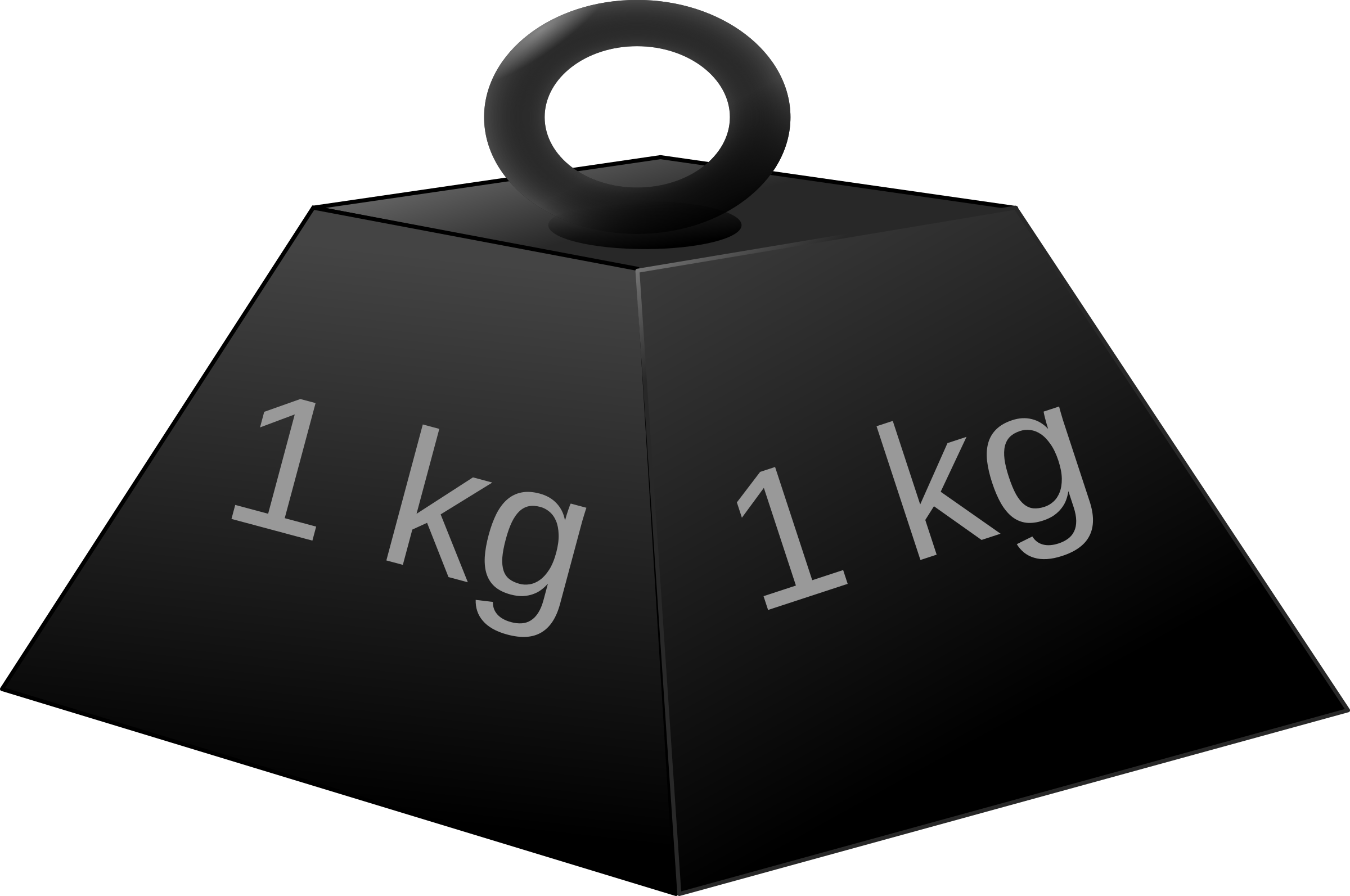



/weight-b699ea6235e34286bf05b3e7a03c4ed3.jpg)
